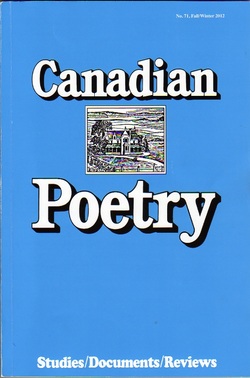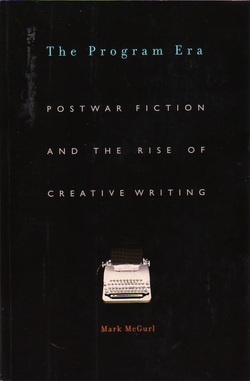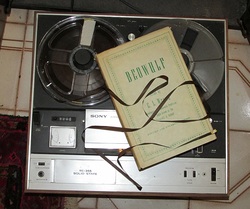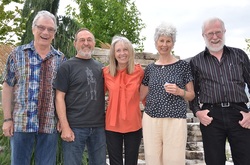
Wanda Campbell’s article surveys Canadian poems concerning India by eight poets from Louise Bowman in 1927, through F.R. Scott in the 1950s and 60s, Earle Birney in 1960, Irving Layton in 1962, Eli Mandel in 1981, myself in 1986 in my long poem The Abbotsford Guide to India, Himani Bannerji in 1991, Danielle Ladagh in 2007. It’s a complex company for my book to be among – back in 1982 I had re-read the poems Campbell discusses by Birney, Layton and Mandel before travelling to India, along with Sara Jeannette Duncan’s The Pool in the Desert, E.M. Forster’s A Passage to India, and Paul Scott’s Raj Quartet. Campbell doesn’t come to any remarkable conclusion in her article but she is a very careful reader, in the case of my poem uncovering a surprising number of covert allusions. It was also good to see a book-length poem included a multi-poem article; most critics don’t attempt that. For all eight poets she seems alert for related writings, although I’m not sure she became aware of other poems concerning India in my later books or my 1988 article “Some Postcards from the Raj.” I also wonder about her exclusion of Sri Lanka (and thus Michael Ondaatje) from her “India” – it was a province of British India; also a part of India were the various British invasions of Afghanistan, usually launched from Peshawar and the Khyber Pass, which were part of my 2010 Afghanistan War: True, False – or Not.
Medrie Purdham’s article on the life-long poems Dudek and Nichol addresses the work of two of my favorite writers, both of whom I knew personally and whom I’ve written books about. She begins with a long discussion of the close, productive and uneasy relationship between them – one of mutual admiration but disagreement on some fundamental issues including orality and the possible range of signification. I don’t care for her treatment of Dudek’s various theoretical statements, made over five decades, as if they were synchronic – some of his views did evolve and should have had specific dates assigned to them. As Nichol once wrote, “we are words and our meanings change.” But her close readings of Nichol’s life-long The Martyrology and its recurrent grappling with endings, ending it all, suicide, death, and the openness to continuance which ‘martyrdom’ and life both require are among the best I have read, and should be required reading for anyone writing on Nichol. The use she was able to make of my aka bpNichol is also gratifying to see.
My pleasure in seeing Tostevin’s review of that book is somewhat different – it is good to see the sad politics which has greeted aka bpNichol on the literary gossip scene finally out in the open. As I noted in its preface, Nichol’s widow



 RSS Feed
RSS Feed